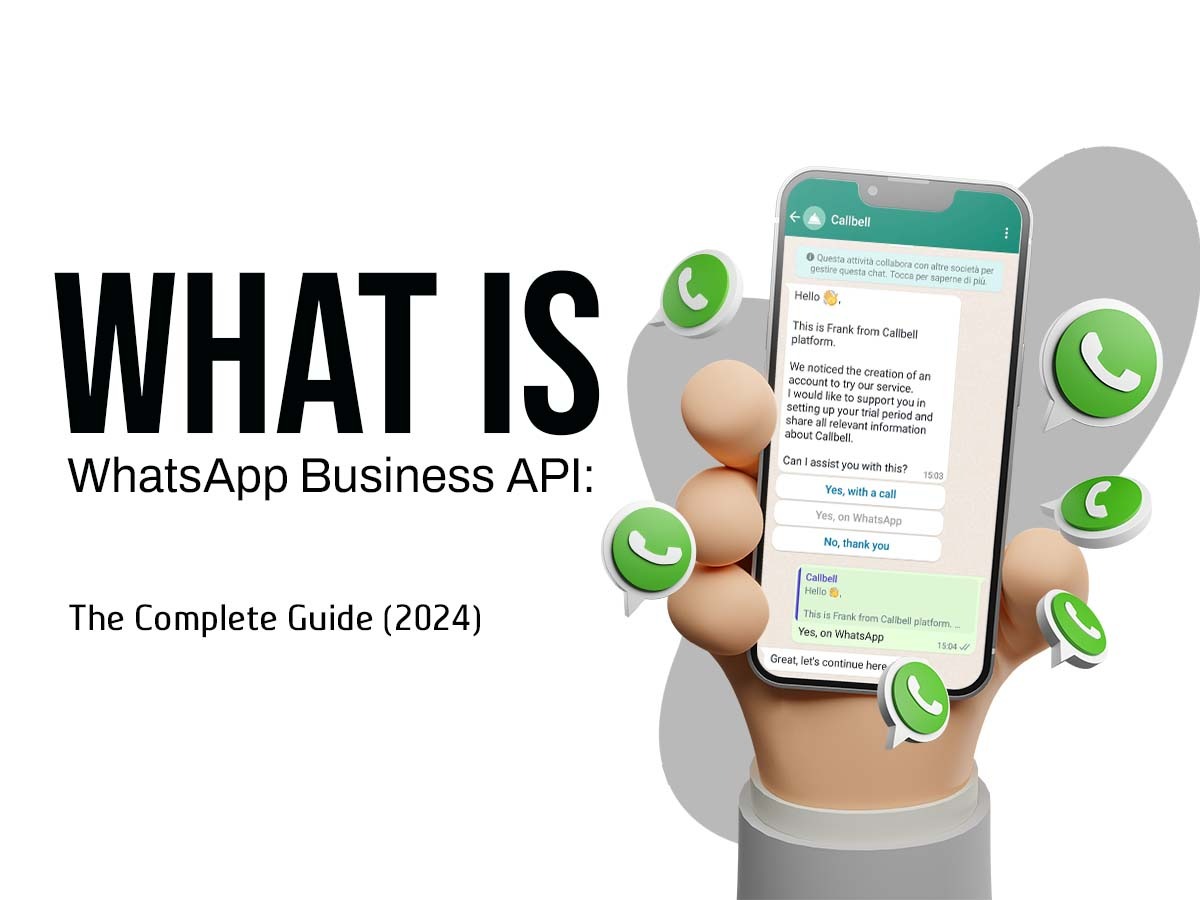WhatsApp Technology: A Game Changer in Global Communication
WhatsApp Technology: A Game Changer in Global Communication
In the ever-evolving world of technology, WhatsApp has emerged as a key player in the field of instant messaging and global communication. Launched in 2009 by Jan Koum and Brian Acton, WhatsApp has since revolutionized the way people communicate. With over 2 billion users worldwide, the app offers an impressive array of features designed to meet both personal and professional communication needs.
From its beginnings as a simple messaging app, WhatsApp has expanded to include multimedia sharing, voice and video calls, group chats, and more. Its simplicity and wide range of uses have made it an essential tool for both personal use and business communication. In this article, we will dive deep into the various aspects of WhatsApp technology, highlighting its key features, its role in business, and its importance in maintaining user data privacy through end-to-end encryption.
Key WhatsApp Features
1. Instant Messaging
WhatsApp allows users to send and receive text messages in real-time, across different time zones, without the need for costly SMS services. This fundamental feature supports global communication, as users can interact seamlessly regardless of geographical location.
2. Multimedia Sharing
WhatsApp supports the sharing of multimedia content, such as photos, videos, and documents. This functionality is crucial for both personal users sharing memories and businesses distributing promotional material or contracts.
3. Voice and Video Calls
WhatsApp offers free, high-quality voice and video calls, which are particularly useful for users communicating across long distances. These features make WhatsApp a popular alternative to traditional phone services, further enhancing its role in global communication.
4. Group Chats
The group chat feature allows up to 1024 users to participate in a single conversation. This is useful for families, friends, colleagues, and even businesses that need to communicate with multiple people at once.
5. WhatsApp Web
WhatsApp’s functionality extends beyond mobile devices with the introduction of WhatsApp Web, which enables users to access their chats on desktop computers. This feature is particularly useful for professionals who prefer typing on a keyboard or need to manage multiple conversations simultaneously.
6. Status Updates
Introduced in 2017, WhatsApp’s Status updates allow users to share text, photos, videos, and GIFs that disappear after 24 hours. This is similar to Instagram Stories and is a popular feature for personal updates and marketing.
7. WhatsApp Business
The launch of WhatsApp Business in 2018 opened new doors for small and medium-sized enterprises (SMEs) to connect with their customers. WhatsApp Business offers specialized tools like automated replies, product catalogs, and customer service management to streamline business communication.
8. WhatsApp Pay
In select countries, WhatsApp has introduced WhatsApp Pay, which integrates payment services directly within the app. This feature is particularly beneficial for small businesses that want to offer a quick and secure way for customers to make payments.
Data Privacy and Security
One of WhatsApp’s standout features is its focus on user security and data privacy. In 2016, WhatsApp introduced end-to-end encryption for all messages sent through the platform. This ensures that only the sender and recipient can read the messages, preventing any third party—including WhatsApp itself—from accessing the content. The encryption applies to both voice and video calls as well, ensuring full privacy for all forms of communication.
Despite these measures, there has been concern over WhatsApp’s handling of metadata—information about the users and their communications, such as when a message was sent and to whom. Although the content of messages is encrypted, metadata can still provide insights into communication patterns. After WhatsApp’s Facebook acquisition in 2014, some users expressed concerns about how Meta might use this metadata for targeted advertising or other purposes.
Misinformation and Its Impact
Like other social media platforms, WhatsApp has faced challenges in controlling the spread of misinformation. Its group chat feature allows users to forward messages to large numbers of people, making it a breeding ground for the rapid spread of false information, especially during elections or crises. To address this, WhatsApp has introduced limitations on how many times a message can be forwarded and labeled forwarded messages to increase user awareness.
However, because of end-to-end encryption, monitoring the content of messages is difficult. While encryption is vital for privacy, it also presents a challenge in combating misinformation, as WhatsApp cannot view or moderate the content of individual messages.
WhatsApp in Business Communication
WhatsApp has evolved into an essential tool for business communication, especially for small businesses. With the launch of WhatsApp Business and the WhatsApp API, businesses can automate customer service, send notifications, and engage directly with clients.
Automated Replies: WhatsApp Business allows companies to set up automated responses to frequently asked questions, improving the speed of customer service.
Product Catalogs: Businesses can display their products within the app, making it easier for customers to browse and place orders.
Customer Service: With tools like quick replies and message templates, businesses can efficiently manage customer queries, improving customer satisfaction and reducing response times.
The use of WhatsApp for customer service is particularly prevalent in regions where mobile data is cheaper and more accessible than traditional communication methods. Businesses use WhatsApp to resolve issues, track orders, and engage with clients on a personal level.
The introduction of WhatsApp Pay is also changing the landscape for small businesses, enabling fast, secure payments without the need for external payment apps or platforms. This integration strengthens WhatsApp’s role as a comprehensive platform for business growth, especially in developing markets.
Challenges and Future Outlook
Despite its tremendous success, WhatsApp continues to face certain challenges. The debate over privacy versus security, particularly with regards to encryption, is ongoing. Governments in various countries have pushed for backdoor access to encrypted messages in the name of national security, which clashes with WhatsApp’s commitment to data privacy.
Moreover, as the platform grows, the issue of misinformation remains a pressing concern. While WhatsApp has implemented several measures to address this, the balance between user privacy and content moderation is delicate.
Looking ahead, WhatsApp will likely continue to expand its business features and work on improving its security protocols. The app’s focus on providing reliable, encrypted communication while catering to the needs of individuals and businesses alike ensures that it will remain a key player in the global communication ecosystem.
Conclusion
WhatsApp has significantly transformed the landscape of mobile messaging apps, offering a robust platform for both personal and business communication. Its user-friendly interface, coupled with its rich set of features like multimedia sharing, voice and video calls, group chats, and WhatsApp Business, has made it a go-to tool for billions of users worldwide.
With its strong emphasis on data privacy and end-to-end encryption, WhatsApp has become a trusted communication platform. However, as it navigates challenges like misinformation and metadata concerns, WhatsApp’s role in shaping the future of communication will continue to evolve. Whether for personal connections or business growth, WhatsApp has truly revolutionized the way the world communicates.


